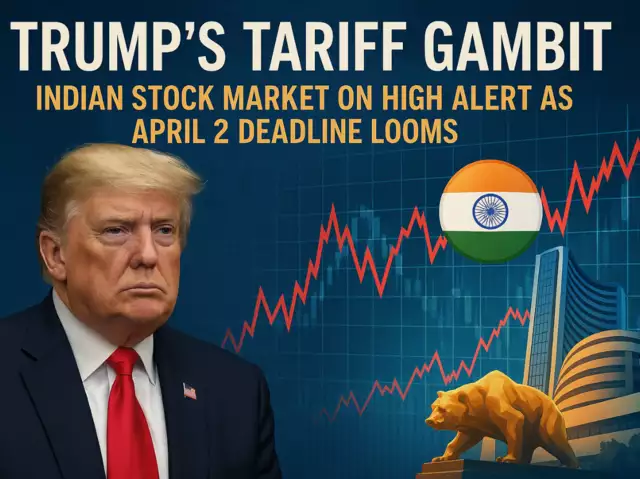
Trump’s Tariff Plan and Market Impact : President Donald Trump has announced a sweeping tariff policy under the US Reciprocal Tariffs Plan to address trade imbalances and encourage domestic manufacturing. The tariffs, effective April 5, aim to reduce trade deficits and bring back jobs and industries to the United States.
Key Highlights of Trump’s Tariff Announcement
- Baseline Tariff Rate: 10% tariff on all imports.
- Higher Tariffs on Specific Countries:
- China: 34%
- Vietnam: 46%
- Thailand: 36%
- Switzerland: 31%
- South Africa: 30%
- Israel: 17%
- Auto Tariffs: 25% tariff on all foreign automobiles.
- Electronics Import Restrictions: The US aims to reduce reliance on foreign electronics.
- Pharmaceutical Industry Boost: Tariffs designed to bring pharmaceutical manufacturing back to the US.
- Debt Extension Proposal: Trump emphasized the need for a debt extension to sustain economic policies.
Country-Specific Tariff Breakdown
| Country | Tariff Rate (%) |
|---|---|
| China | 34% |
| Vietnam | 46% |
| Thailand | 36% |
| Switzerland | 31% |
| South Africa | 30% |
| Israel | 17% |
| Japan | 24% |
| South Korea | 25% |
| India | 26% |
| EU | 20% |
| UK | 10% |
| Singapore | 10% |
| Brazil | 10% |
| Indonesia | 32% |
| Cambodia | 49% |
Market Implications
- Negative Impact on Asian Exporters: Countries like China, Vietnam, and Thailand face some of the highest tariff rates.
- Stock Market Reaction: Short-term interest-rate futures reacted positively to the announcement, reflecting market expectations of higher domestic manufacturing.
- US Manufacturing Revival: Sectors such as automobiles, semiconductors, shipbuilding, and aerospace are expected to benefit.
- Effect on Consumer Prices: While tariffs aim to boost domestic production, they could also lead to price increases on imported goods.
Disclaimer: The projections of potential returns are based on current market conditions and company performance. Actual results may vary due to various factors, including market dynamics, economic conditions, and changes in the competitive landscape. Investors should conduct their own research and consult with financial advisors before making investment decisions.
⚠️ Not SEBI Registered—just here to share insights | 🚫 No paid services—everything shared is entirely free! 🧠 Always Learning and excited to grow together in this journey of market exploration.





